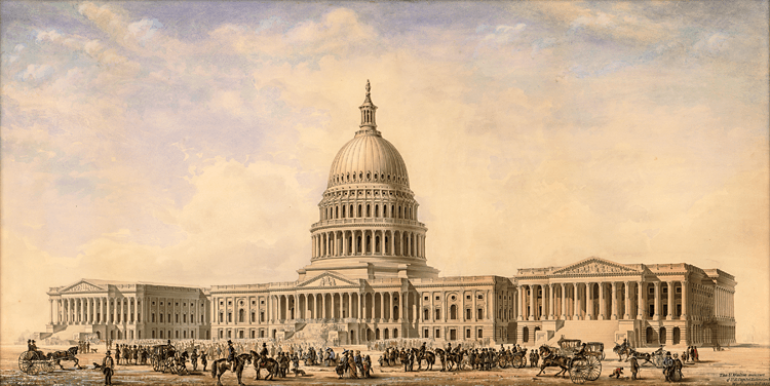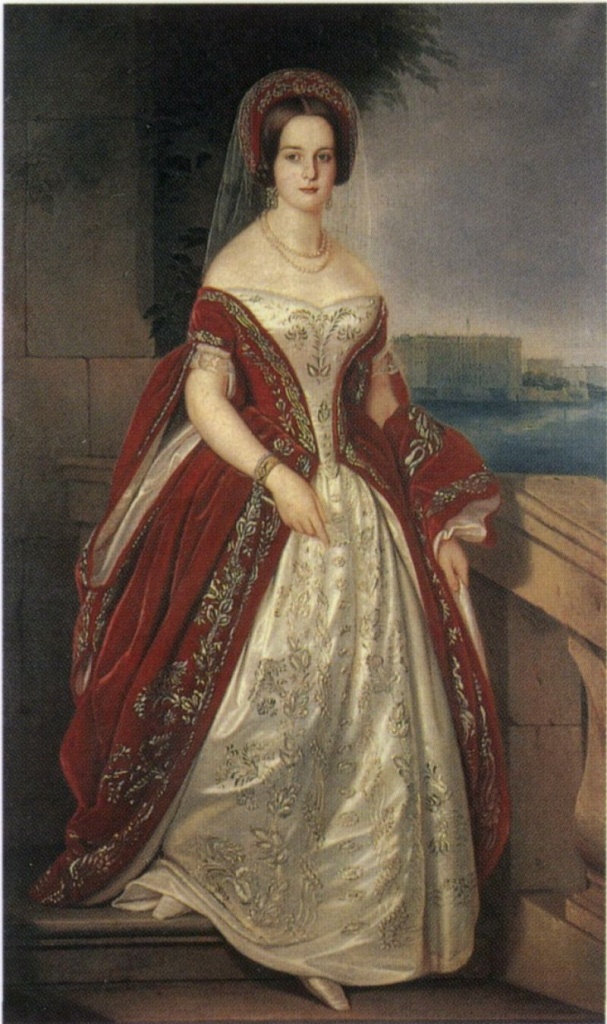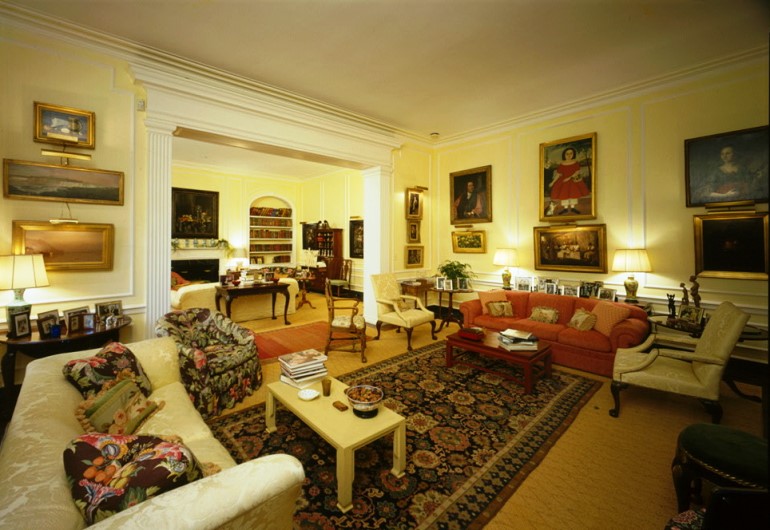Washington, the 19th century. Photo credit: incollect.com
“The wise statesmen of Russia always know how to choose their foreign envoys,” one of American newspapers wrote about Alexander Bodisko, the Russian ambassador to the United States, in 1851. His tenure lasted for 17 years, the record term. He was respected so much that the American Congress paused its work for the day of his funeral, which was the unprecedented event.
On the Day of Diplomat, Anatoly Antonov, the ambassador of the Russian Federation, laid a wreath at the grave of Alexander Bodisko, the Russian diplomat from the mid-19th century buried at the cemetery in Washington. According to the ambassador, there are many lessons to be learned from his predecessor. “He did a lot to ensure that our relations with the United States of America were full fledged,” added Anatoly Antonov.
Destiny of the Russian diplomat, whose pinnacle in the career was position of envoy to the United States, where he died, is interesting and prominent in many aspects. He was born in St. Petersburg in 1786, in the family of the director of the Moscow Assignation Bank, bestowed to the nobility. He was admitted to the diplomatic service rather early, being a member of the collegium of foreign affairs. Moreover, his two younger brothers were involved in the Decembrist revolt on Senatskaya Square. However career of the elder brother was not affected; and it could be divided into two roughly equal periods – the Swedish and the American ones.
In 1837, having served as the Russian consul general in Stockholm for 20 years, Alexander Bodisko was appointed as the envoy extraordinary and minister plenipotentiary to the United States. It is believed that there came a point marking beginning of the rise in diplomatic relations between the United States and Russia. Russian sailors and engineers were sent to the United States to explore the Russia modernization model which Nicholas I had come up with. And such American experts as agronomists, doctors, and engineers, also received an invitation to come to Russia, where they built telegraph lines, grew tobacco, and even treated the Emperor's teeth.
As the ambassador, Alexander Bodisko urged the imperial government to maintain ties with the United States as Russia’s “traditional ally” and “the only one real and reliable political friend” (a definition by Alexander Bodisko). He also persistently suggested Nicholas I to join efforts with the United States and divide the territory of Upper California and San Francisco Bay between Russia and the US. However, Karl Nesselrode, then Chancellor and Minister of Foreign Affairs of the Russian Empire, did not support such position.
The Russian ambassador to the United States enjoyed unquestioned authority with his colleagues, ambassadors from other states, who often came to him for advice, as well as the local establishment. Thus, a Philadelphia newspaper wrote that the Russian diplomat had "genuinely American” common sense “as to foresight and intuition ... He will decently put his sovereign’s interest into practice, but will not be hostile to our country."
North America, 19th Century website cites a quotation of another American edition, that highly appreciated activities of the Russian ambassador. One of Philadelphia newspapers emphasized the high professionalism of the Russian minister. According to the journalist, he was in the United States for a long time and suited his position of responsibility well; having a captivating personality, he enjoyed high reputation in Washington. The newspaper noted: “
Who occupies the largest house, treats with the best dinners, and hosts magnificent balls? Long story short, who entertains more often and better than others in Washington? The unanimous answer is: the Russian minister ... The wise statesmen of Russia always know how to choose their foreign envoys; and through their present minister in Washington, they have mainly social and, therefore, a certain political influence outside the US cabinet...”
Alexander Bodisko managed to establish true trust-based relations with the American president back then and his administration. Every week he hosted magnificent receptions in his house; and those belonging to American elite dreamt of being invited there.
Alexander Bodisko’s wife (No pictures of the ambassador survived till today)
Such attitude was greatly facilitated by the fact that the ambassador was married to an American woman. Moreover, in certain way the story behind their marriage was also unusual. Alexander Bodisko was a 54 years old widower, but all of the sudden he fell in love with a 16 years old young lady; her name was Harriet Bill Williams. Their wedding, which became the major event in the high society, was attended by Martin Van Buren, then US President.
Alexander Bodisko met with his darling by chance. He organized a dance party for his young nephews, but one of the girls did not receive an invitation for some reason and was very upset. Bodisko, a gallant man, went to offer apologies to the young lady in person. And their meeting turned out to be fateful - he fell in love at first sight. To be honest, the middle-aged ambassador had to aspire to the hand of his fiancée for quite a while since her family was initially against such an unequal marriage. However seeing that their daughter was favoring the man, her parents accepted and blessed the marriage. And it was happy and rather fertile - in 14 years of marriage the Bodiskos had six children. Time and again they visited together St. Petersburg, where the young spouse was introduced to the Emperor. Interestingly enough, as remembered by a contemporary witness, she really enjoyed living at the royal court and admitted that she would not want to return to her homeland at all.
In 1854, the Russian Envoy Extraordinary died. The Congress sessions were paused for a day due to the funeral of Alexander Bodisko. It was a sign of respect for him and the "friendly" government, being, as it was noted at the report for the Russian Chancellor, the unprecedented event in the US parliamentary history. All cabinet members led by the American president, found it necessary to attend the funeral ceremony in person. As the Washington press wrote, the entire elite wanted to say final goodbye "to the wisest and the most popular diplomat." And very soon Alexander Bodisko’s legacy again served Russia well: during the Crimean War, many Americans, first of all doctors, went to Russia as volunteers.
Photo credit: picryl.com
The house where Alexander Bodisko lived has survived. It is called Bodisko House. According to Anatoly Antonov, John Kerry, the former Secretary of State under President Obama, lives there today.










